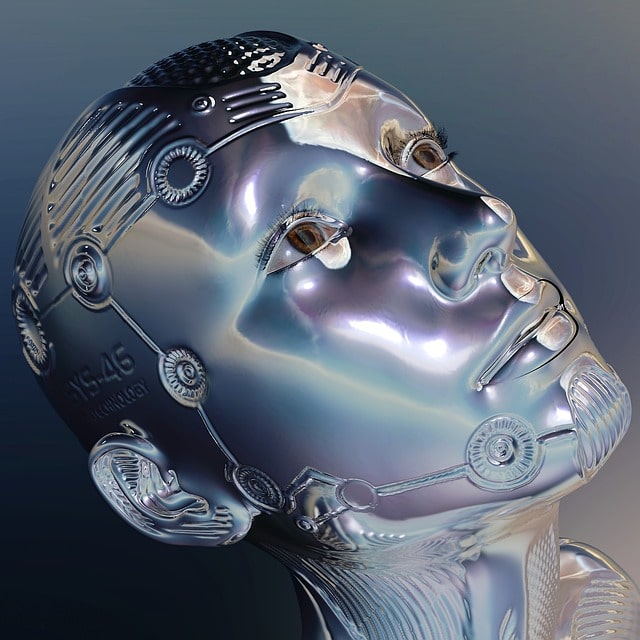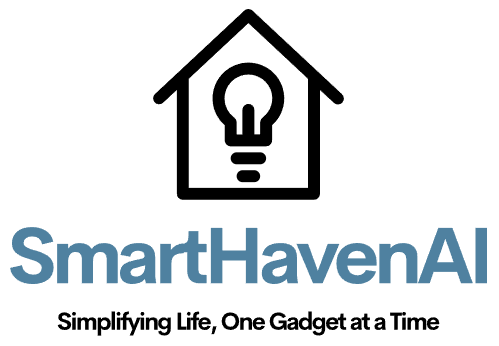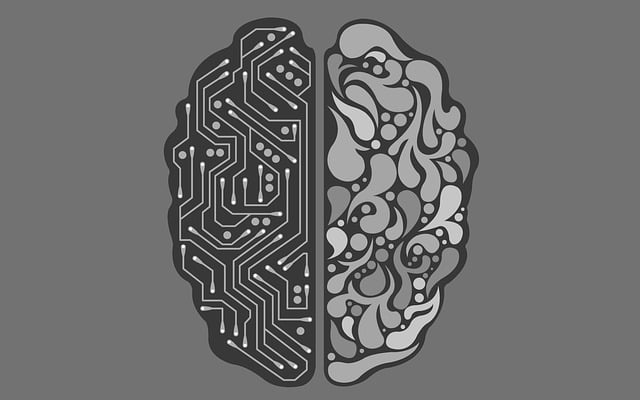“Everything is theoretically impossible, until it is done.” - Robert Heinlein, American science fiction author
What is artificial intelligence (AI)?
As a branch of computer science, artificial intelligence or AI aspires to construct systems capable of performing tasks that have heretofore been the exclusive domain of human intelligence. From learning from experience, understanding natural language, recognizing patterns, solving problems, to making decisions – AI aims to mirror the human intellect.
AI can be categorized into two types: Narrow AI, designed to perform a specific task, and General AI, which can perform any intellectual task a human can. General AI, at present, is merely a theoretical concept rather than a practical application.
The AI we have today, even if narrow, boasts a wide range of capabilities, including learning and adapting, data analysis, automation, and natural language processing.
However, it also has its limitations, such as lack of common sense, dependency on data, difficulty with complex decision-making, and lack of creativity and emotional intelligence.
The November 2022 release of ChatGPT was many people’s first introduction to artificial intelligence.
ChatGPT is reported to be the fastest-growing consumer application in history. It reached an estimated 100 million active monthly users in January 2023, just two months after its launch. This growth rate surpassed TikTok - reported to be the second fastest-growing consumer application - which took nine months to reach 100 million monthly active users, and Instagram, which took two and a half years to reach 100 million monthly active users.
Despite ChatGPT’s rapid adoption, the debate continues as to whether AI is a boon or a bane. AI does have its dangers, including privacy concerns, security risks, ethical concerns, and lack of transparency.
However, fears about AI are often rooted in misconceptions about its capabilities.
- AI is not sentient. It doesn’t have feelings, consciousness, or the ability to understand context in the same way humans do. It operates based on its programming and training, not on personal experiences or instincts.
- AI can automate certain tasks, but it’s not capable of replacing all jobs. Many jobs require human skills like critical thinking, creativity, and emotional intelligence that AI currently cannot replicate.
- AI is not perfect and can make mistakes. Its performance is heavily dependent on the quality and quantity of the data it’s trained on. If the data is biased or incomplete, the AI’s output will also be flawed. (This fallibility, though reassuring, is also important to be mindful of.)
- AI can learn from the data it’s trained on, but it can’t learn new tasks or gain new knowledge without being explicitly programmed or trained to do so.
and
- While AI has made significant strides in areas like natural language processing and image recognition, it still lacks the ability to fully understand and interpret nuances, context, and emotions like a human can.
Realistically, today’s AI is not likely to overthrow humanity. Though this is a common trope in science fiction, it is far from reality. Current AI technologies are tools created and controlled by humans. They don’t have desires, consciousness, or the ability to act independently of their programming.
Looking ahead, the trajectory of AI development is challenging to predict. Within the next 10 to 20 years, AI might realistically attain advanced natural language understanding, improved emotional intelligence, creative problem-solving, and ethical decision-making. On the horizon, we might even see the advent of General AI.
AI, in its current form, operates based on its programming and training, not on personal experiences or instincts. While it has made significant strides, it still lacks the ability to fully understand and interpret nuances, context, and emotions like a human can. It is not infallible and can make mistakes.
However, with each passing day, it continues to learn, adapt, and evolve, holding the promise of a future where it might one day perform any intellectual task that a human can.
Until then, we continue to dream, explore, and push the boundaries of what is possible.

Just as Robert Heinlein once wrote, “Everything is theoretically impossible, until it is done.”

